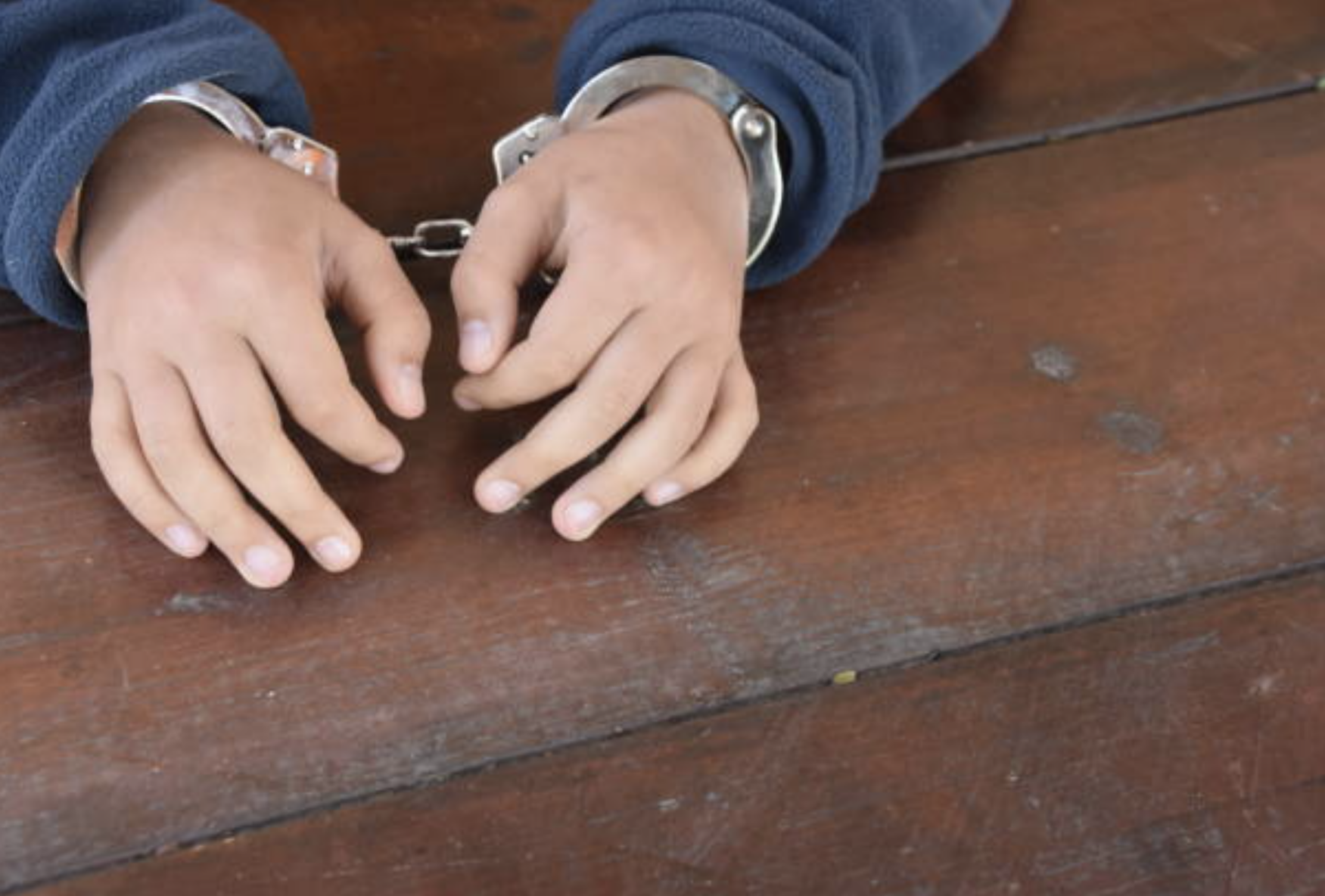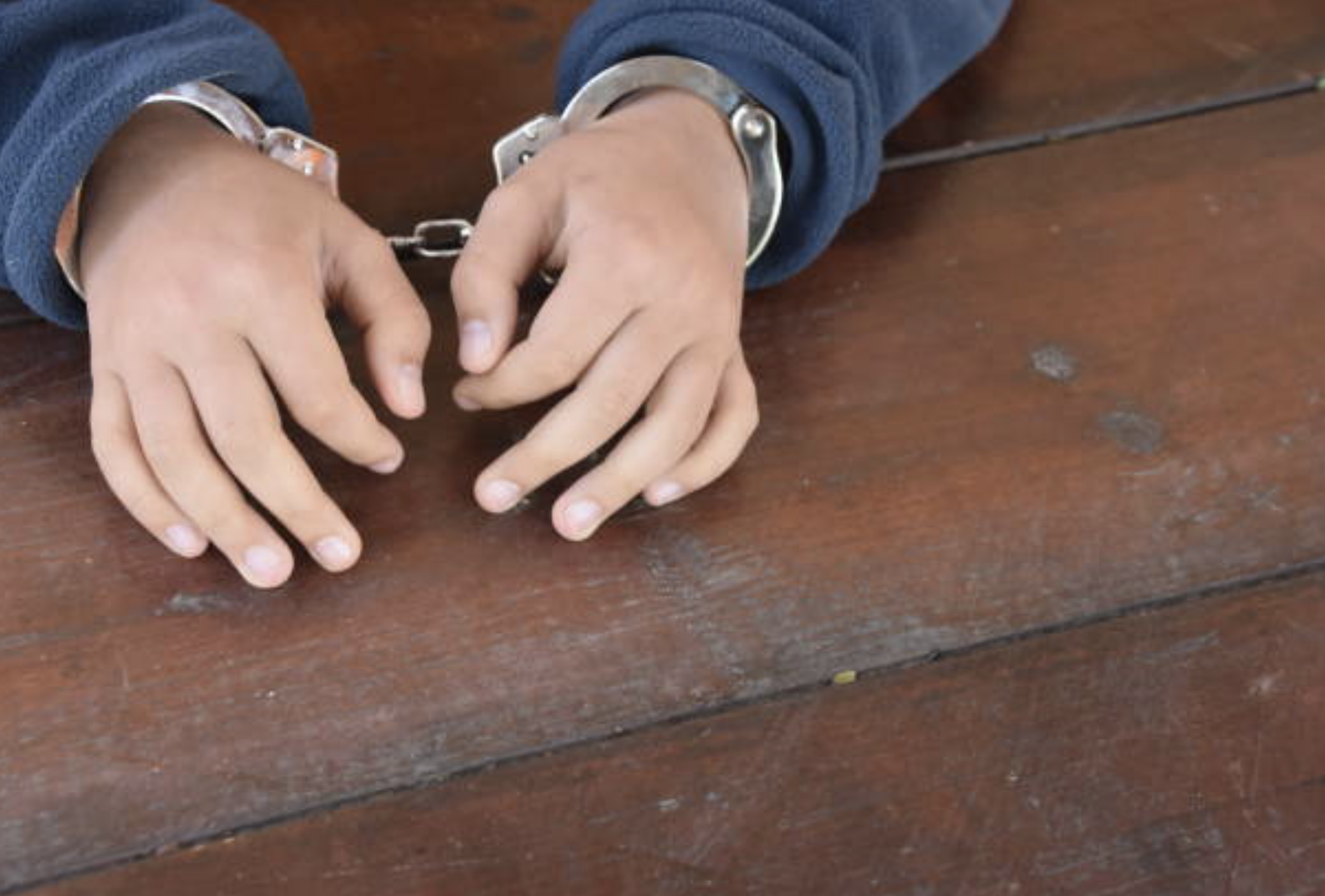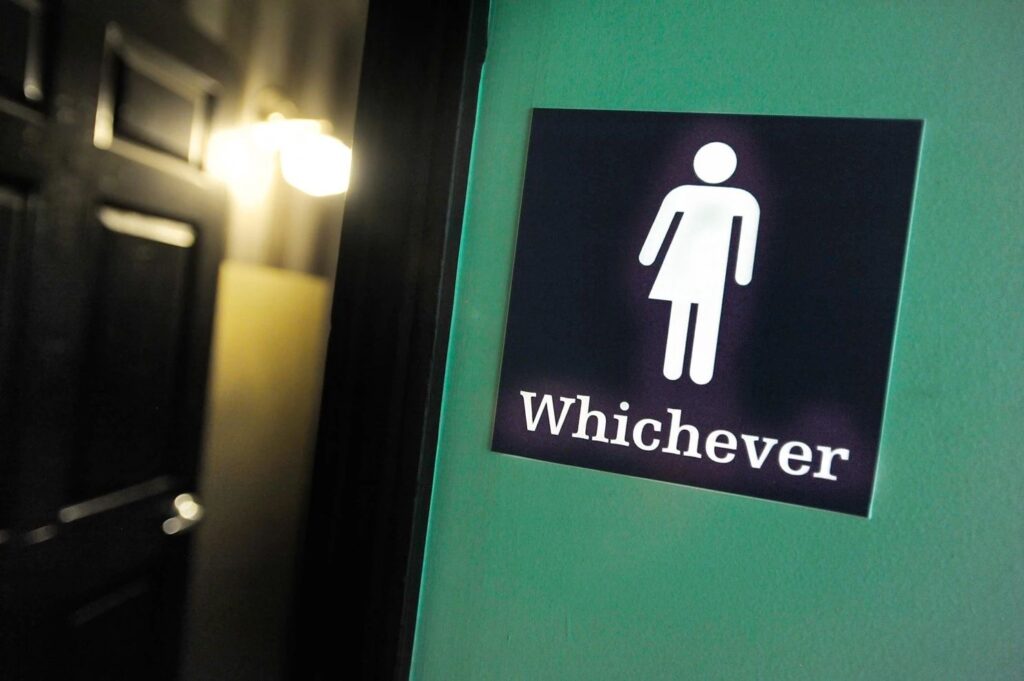Colorado legislature OKs banning courts from ordering juveniles to pay restitution to insurance

From 2016 to 2020, 234 juveniles in Colorado were ordered to pay more than $3.57 million in restitution fees to insurance companies, according to state data.
That practice might be coming to an end with the passage of a new bill on Monday.
House Bill 1373 seeks to prohibit courts from ordering juveniles to pay restitution to insurance companies, though it still allows the courts to mandate juveniles pay restitution to victims.
Supporters of the bill say restitution fees from insurance companies continue a cycle of crime and poverty for juveniles, pushing them to reoffend to pay off impossibly high debts as they struggle to find work with criminal records. Of the $3.57 million ordered from juveniles, only $146,348 – or 4% – has been paid, according to state data.
“Through this bill, we hope that we remove one more barrier to these young people’s healing so that they can move forward and be positive and productive members of our community,” said bill sponsor Sen. Julie Gonzales, D-Denver.
Gonzales added that restitution fees have 8% interest rates, are not dischargeable by filing for bankruptcy and can prohibit youth from activities, such as getting a driver’s license or taking out loans for school or work. These debts also often get pushed onto parents, as many juvenile offenders are not old enough to legally work.
On Monday, the state Senate passed the bill in a 20-15 vote, following the House’s 38-25 vote last month. The bill is now headed to Gov. Jared Polis for final consideration.
Opponents to the bill – all of whom are Republicans – argued that it could result in insurance companies raising rates and victims of crimes not being fairly compensated. Supporters countered that more than 95% of the restitution fees are already not being paid.
In a written testimony in support of the bill, 20-year-old Shawn Pollock said he is currently $275,000 in debt from restitution fees to insurance companies due to crimes he committed when he was 14 and 15.
“I asked (my mentor), ‘If I pay $100 a month, how many years will it take me to pay that off?’ She told me 213 years,” Pollock said. “I was heartbroken. … I understand I need to pay for the harm I’ve done, but does it have to be a life sentence?”














